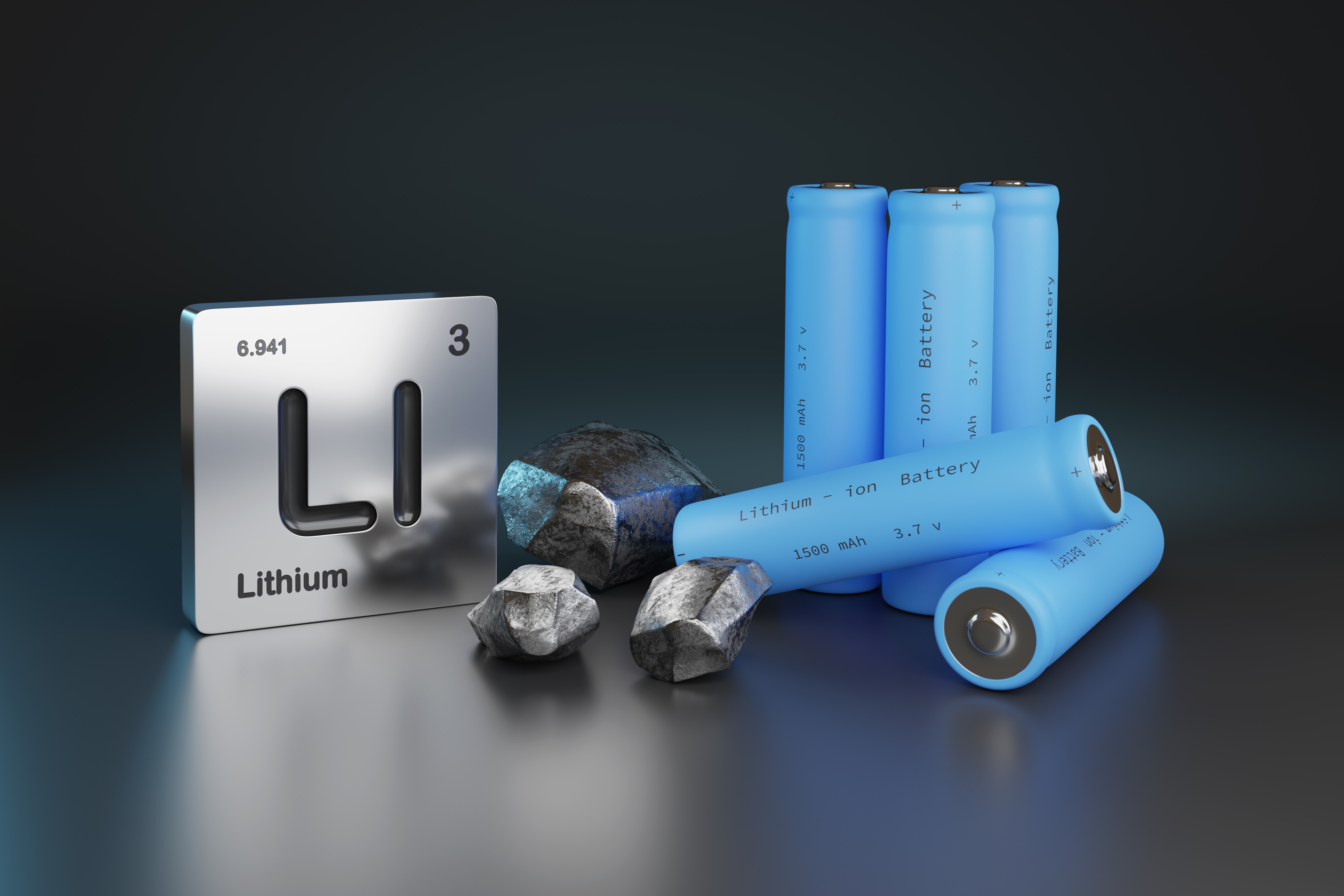Lithium Polymer Batteries: Introduction, Applications, and Safety Certifications
You are here
Lithium polymer batteries (Li-Po) are renowned for their high energy density and adaptability, revolutionizing how we energize our portable devices, from smartphones and laptops to drones and electric vehicles.
This blog post will navigate the essential aspects of these advanced power sources and their versatile applications across various industries. We will explore the core components that underpin Li-Po batteries' superiority, their tailored engineering possibilities, and the robust safety mechanisms guarding against overcharge, over-discharge, and reverse polarity. Furthermore, we will highlight the critical international certifications required to ensure the secure utilization and transport of lithium polymer batteries.
A typical battery cell has four main components:
- Positive electrode (Cathode)
- Negative electrode (Anode)
- Separator
- Electrolyte
Lithium polymer batteries (Li-Po) use a high-conductivity semisolid gel for the electrolyte instead of a liquid electrolyte. They can be easily shaped or curved to fit in various applications. Furthermore, these batteries can be custom-engineered to meet specific application needs, including size, shape, energy density, and different connector options. Polymer batteries inherently offer safety features that protect against overcharge, over-discharge, and reverse polarity.
Polymer batteries can be thin and flexible or built into a hard case, making them ideal for today's electronics. The electrolyte's semisolid nature allows for maximum mechanical design flexibility. It can be thin and flat for use in small portables. It can also be curved or odd to fit a problematic mechanical need. A polymer battery may be used in many applications, such as cell phones, laptops, and even drones, that require a lot of power to fly.
The thickness and conductivity of the polymer can be customized to meet specific application needs. For example, if you want a battery that will last longer in your device but still provide enough power, you can choose a thicker cell with lower conductivity. Or, if you need more power in your device but don't have room for additional thickness, choose an ultra-thin lithium polymer cell with high conductivity.
Lithium polymer batteries can have higher energy densities than rechargeable batteries, allowing them to store more power in each volume. This translates into longer run times for portable devices like cell phones and tablets and vehicles like electric cars and jet skis that use lithium polymer batteries instead of lead-acid batteries (which are heavier).
Polymer batteries are inherently safe and provide protection from over-discharge, overcharge, and reverse polarity. The semisolid electrolyte has a high resistance to leakage compared to other battery types, making them safer for use in applications that require long-term storage or transportation (such as electric vehicles). This also means that polymer cells can be discharged at low rates without damaging the cells' ability to provide power at high rates when needed, which is an essential feature for many applications such as drones or electric cars where rapid charging/discharging is required.
In custom-engineered batteries, there are several connector options. For instance, gold-plated edge connectors for drop-in batteries (hard pack), discrete wires with a connector, or a flexible printed circuit with a connector. The number of conductors is also customizable for different applications. A custom battery will typically have a battery monitoring system (BMS). The BMS may have 4 to 8 pins depending on the application need. The hardware indicators are on the low end, along with positive and negative electrodes: battery ID and thermal measurements. Additional pins can provide serial communications for software monitoring, a USB charging input, or electrodes for higher current applications. Of course, small applications may not need the BMS and only have two electrode connectors.
Lithium battery safety is a primary consideration for manufacturing custom battery packs. The two main points of testing are shock resistance and thermal resistance. We have years of experience with Advanced Temperature Control (ATC), UL, and TUV testing and certification. And we also have in-house resources to manage the process before formal tests. The following international certifications are required for most cases:
- UN 38.3- Lithium batteries are listed as a Class 9 dangerous good during transport due to potential fire hazard. To be safely transported (by air, sea, or any form of transportation), they must meet the requirements regulated in Standard UN 38.3
- UL2054: Only UL-certified facilities can apply for this certification on the products manufactured there. It covers electrical tests, drop tests, thermal strength tests, etc.
- IEC 62133: Requirements and tests for the safety and performance of lithium-ion batteries used in portable electronic devices, including cell phones, laptops, tablets, and other devices. The standard covers various aspects of battery safety, including electrical, mechanical, and chemical safety.
The lithium polymer battery is one of the most common rechargeable batteries used today. They comprise a semisolid electrolyte with anodes and cathodes separated by a porous solid or gel-like polymer separator. This allows them to be lightweight and flexible and provide high energy density compared to other types, such as lead acid or nickel-cadmium.
If you have a project that uses batteries in portable devices, US Micro Products can provide a solution designed for your application. Fill out the form below to contact one of our engineers!
How can we help you?
At US Micro Products, we specialize in designing and producing high-quality products that meet the unique needs of our customers. Whether you require a custom display for industrial, medical, outdoor, or other applications, our team of experts is ready to help.
We pride ourselves on our customer service and ability to deliver on time and within budget. Our team is dedicated to providing personalized service and support throughout the design and manufacturing process.
If you have any questions about our products or would like to request a quote for your project, please fill out the form. We will respond promptly to your inquiry.

